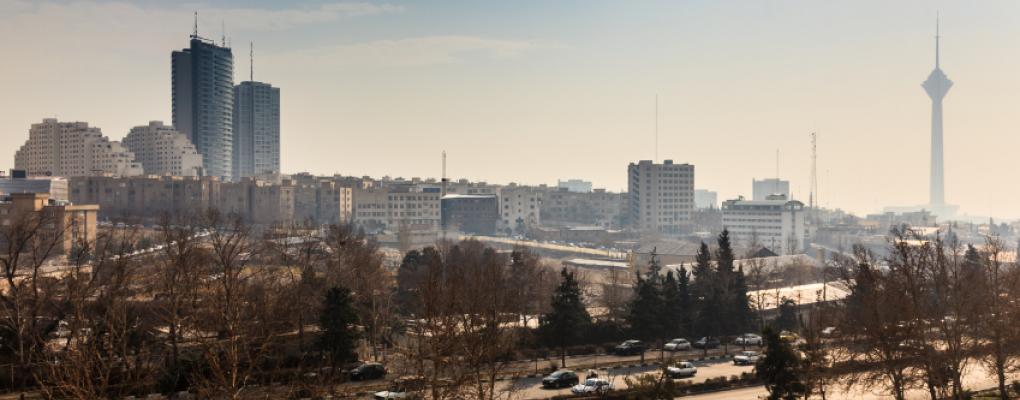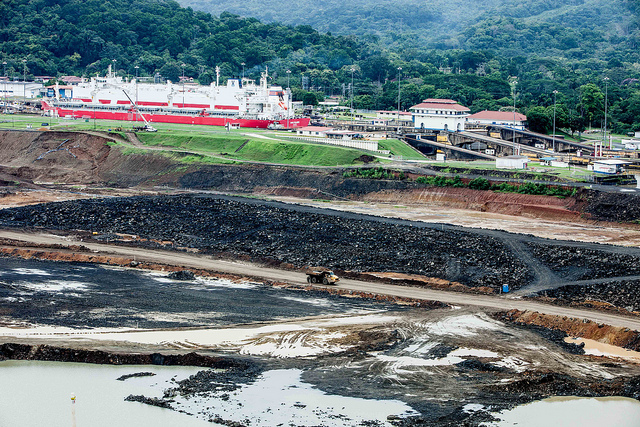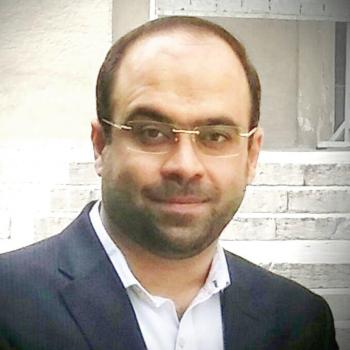
10 years ago, I saw these thought-provoking figures, “1.2 billion people live without electricity. 2.4 billion people don’t have improved sanitation. At least 663 million people lack access to safe drinking water.”
That was a milestone in my life when I decided to invest the rest of my life on bridging the infrastructure gap globally and particularly, in my region (Middle East) and my beloved country (Iran), through doing research and professional practices.
After four years of repeatedly outperforming in civil engineering industry, I pursued a PhD in Civil Engineering (Drexel University, Philadelphia, PA, 2010 to 2014) to enhance my technical and analytical skills about critical infrastructures.
Meanwhile, I completed my professional certifications (CCM, PMP, PMI-RMP, MCP, and ENV SP) and participated in industry chapters and focus groups, such as the PMI Delaware Valley Chapter and the ASCE Philadelphia Chapter. This challenging journey allowed me the opportunity to familiarize myself with many of the ongoing leadership and technical issues that face industry as a whole.
On 2015, as the next phase of my personal mission toward bridging the infrastructure gap, I joined the University of Tehran as an Assistant Professor of Construction Project Management, focusing on infrastructure development. At the same time, I started to cooperate with a few companies on some major infrastructure projects in Iran; the opportunity that helped me deeply understand the challenging gaps toward infrastructure development.
During these years, I have continued to follow global movements related to achieving the Sustainable Development Goals and ending poverty. Believing that this major mission requires an integrated-global movement, I was excited when I realized that this important task has come true under establishing the Global Infrastructure Forum.
I am very pleased to see, as stated in the Chairman’s Statement of the Global Infrastructure Forum (April 16, 2016), that such a movement will encourage a greater range of voices to be heard, particularly from developing countries. Voices of people like me! This is a great opportunity for which I am waiting for more than 10 years.
Bridging the infrastructure gap requires proactive actions from both the Forum and people from developing countries. The Forum has initiated their essential movement. Highlighted in the Chairman’s Statement, they plan to support country-led approaches to planning, executing, supervising, and evaluating sustainable, resilient, inclusive, and well-prioritized infrastructure programs and robust infrastructure frameworks.
Now, it’s our turn from developing countries. To move on this direction, I formed a research group, including my grad students and me. We defined “Infrastructure Development” as our main focus. We plan to (i) perform multiple research studies to improve information on infrastructure; (ii) translate the related body of knowledge (the PPP Certification Program Guide) to be used by Persian-language practitioners (i.e., people of countries like Iran, Afghanistan and Tajikistan); and (iii) collaborate with national and international organizations to promote compatible, efficient approaches.

Also, the Forum has initiated another great movement, the Public-Private Partnerships Certification Program (CP3P), which is the most necessary ring on the infrastructure development chain.
To promote this program in our region and to ensure that I know the common, global knowledge of the field, I started self-studying the PPP Guide. I passed the CP3P Foundation exam on Thursday 4/14/2016 and now, I am planning to organize PPP training courses in the region under APMG surveillance in the near future.
Backed by global prestigious institutions like the World Bank Group and several Multilateral Development Banks, the CP3P program has several invaluable advantages for the entire world:
· It will act as a common language among professionals in the PPP field.
· It will provide a basis to share the related knowledge world-wide.
· It will enhance the positive culture of tackling infrastructure challenges.
· It will help to integrate global experiences related to Public-Private Partnerships.
· It will perfect the comprehensive plan of actions toward ending poverty.
From the viewpoint of an individual, I have benefited from the CP3P program in different ways:
· Studying the Body of Knowledge (the PPP Guide) has familiarized me with the common language and good practices of the field.
· Knowing the PPP basics has built a good confidence for me to communicate with other professionals in the field.
· Being among those who are certified by a prestigious joint program will demonstrate to all national and international institutions that my abilities are aligned with international PPP good practice.


